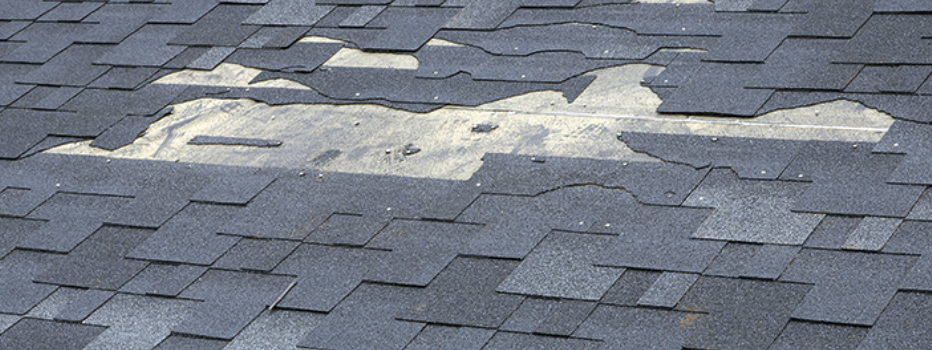

When it comes to roofing options, there is nothing more common than asphalt shingles. In fact, you can find them covering most homes in the country. However, when you install or replace a roof, you are investing in your home and the protection of our largest investment, and you want to ensure the new roof will last a long time.
Before you blindly choose asphalt shingles because this is what you’ve always had, it’s important to do some research. On average, asphalt shingles can be expected to last less than 20 years depending on where you live and the type of weather that your roof is regularly exposed to.
Here is what you should know about the lifespan and performance of asphalt shingles:
What Affects Their Lifespan and Causes Damage?
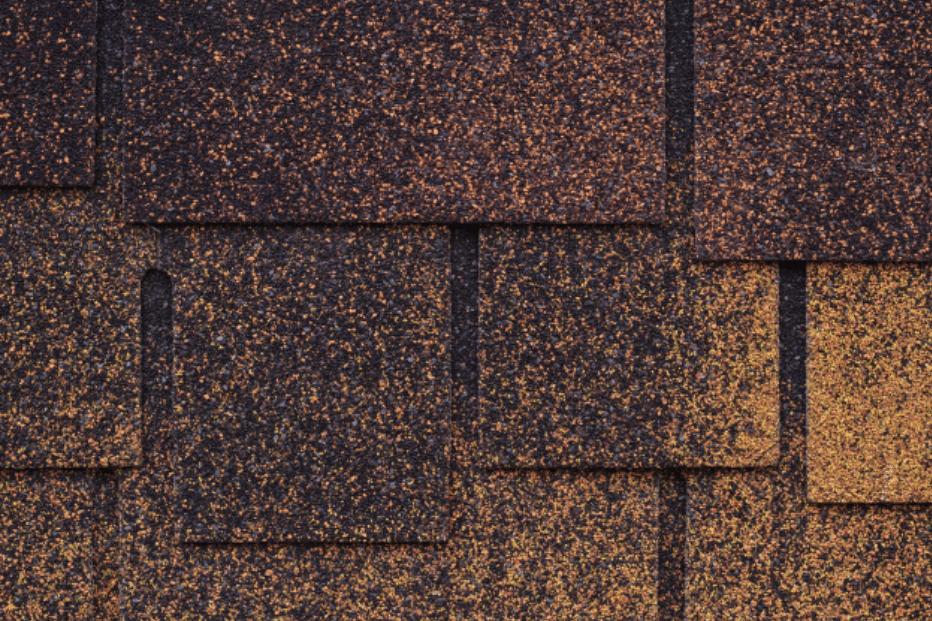
How quickly and frequently asphalt shingles have to be replaced depends on the style of shingle chosen, location, and the severity of storm damage they sustain. Typically, you may have to replace asphalt shingles anywhere from every 5 to 25 years, depending on these factors:
Climate and Weather
Asphalt shingle life is strongly affected by climate and weather conditions. If you live in an area where the climate constantly fluctuates (hot to cold, wet to dry), it can have a significant effect on the lifespan of your roof. Sun, rain, hail, wind, and big temperature swings all play a part in how quickly you lose the protective layer of granules, and in causing the waterproofing asphalt to age and become brittle. As these granules fall off the asphalt shingle is subjected to damaging UV exposure, which can dramatically shorten their life.
Improper Insulation and Ventilation
Your attic needs proper insulation and ventilation to help minimize the temperature of your roof. When heat builds up in your attic, under the roof deck, it can lead to premature failure of the asphalt shingles.
The Roof Pitch
The pitch or slope of the roof also affects how long asphalt shingles last. When roofs have a low slope, water, snow, leaves, and other debris are left sitting on the shingles longer. This means excessive moisture can remain on the roof, which can lead to mold, mildew, and rot. A high-pitched roof can more easily allow water and debris to run off, which typically means the roof will dry-out much more quickly.
A Lack of Maintenance
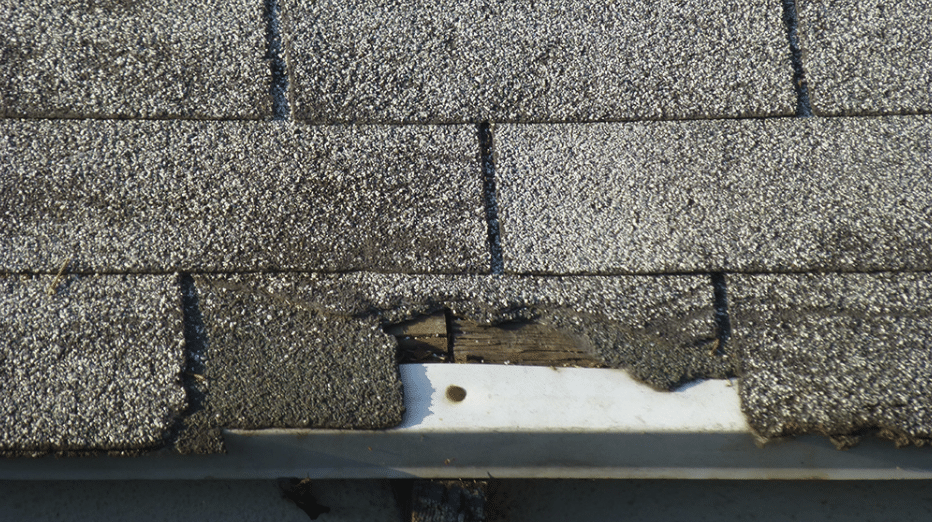
The most obvious factor that affects the lifespan of an asphalt roof is a lack of regular maintenance and upkeep. According to, Steve Lyons, from Houston Home Remodeling Pros, “while asphalt shingles do not require the same level of maintenance as other options like real cedar tiles, you still want to protect against the seasonal damage caused by ice dams, leaf and debris build-up, hail and wind-storm damage.” All of these events can lead to granule loss, excess moisture, mold, algae, and the overall shortening of your roof life and it’s ability to adequately shed water.
Maintaining Asphalt Shingles
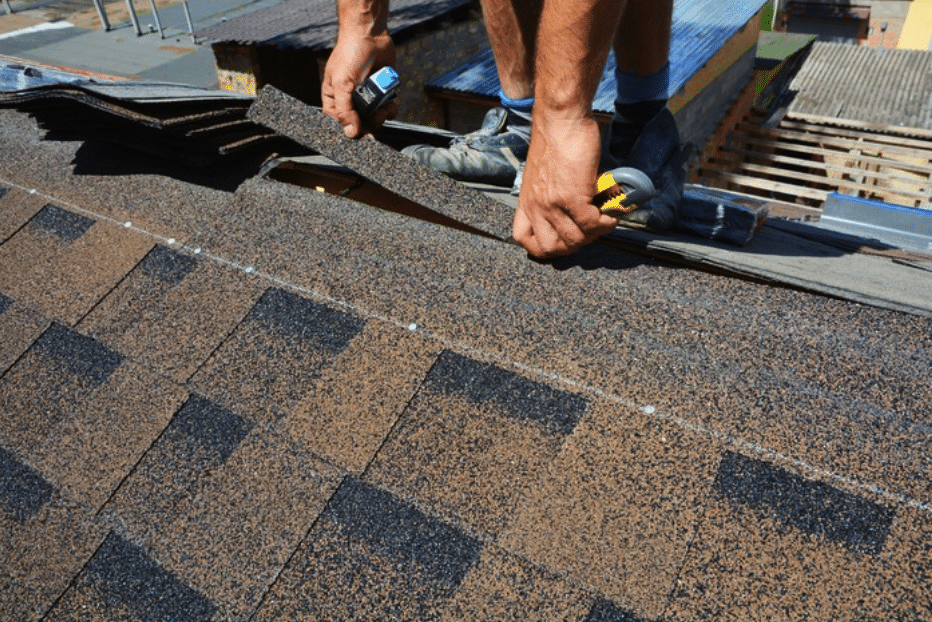
A big part of how long asphalt shingles will last depends on the level of maintenance you perform. Doing some basic maintenance at least three times a year can help expand the life of your roof, which can save you thousands in roof repairs and replacements.
One part of maintaining an asphalt roof is removing any debris that has collected. Debris can be leaves, small branches, or small garbage blown by the wind that collects on the surface. Removing this debris helps ensure that moisture doesn’t remain on the roof, where it can deteriorate the asphalt shingles. You also want to check your roof for algae or moss, which can also degrade your shingles.
You should also check your roof’s flashings, which are designed to prevent water from entering your home. With flashings, you’ll want to check for cracks, openings and unsealed gaps, algae, and moss. Then, you need to check the shingles themselves to identify any loose, damaged, or missing shingles so any necessary repairs or replacements can be done before real damage occurs.
Another important part of maintaining your asphalt shingles is keeping your gutters free from debris and granule build-up so that they function properly. Lastly, you want to trim any overhanging tree branches, so the leaves don’t fall onto the roof or clog the gutters. You also need to trim any branches that are too low, so they don’t scratch the surface of the roof and loosen the granules.
Synthetic Alternative To Asphalt Shingles
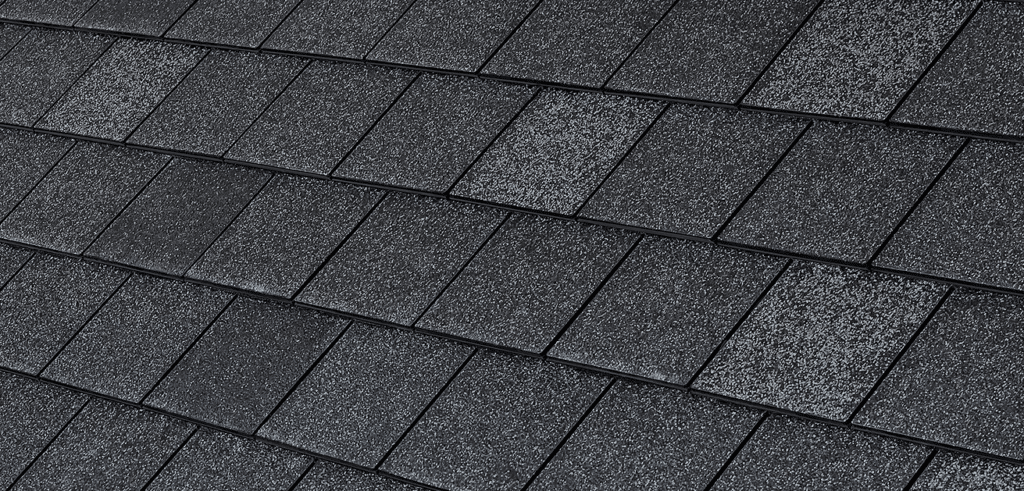
Asphalt shingles are the most commonly installed roofing material currently available today, but they aren’t without flaws. There are new brands of durable roofing shingles that still resemble the look of traditional asphalt, without the negative issues like granule loss, rot, and premature aging. F Wave has designed their REVIA® Synthetic Shingles as a premium upgrade and great alternative to traditional asphalt shingles. Containing no asphalt and no granules, REVIA® Synthetic Shingles solve several of the primary issues that cause asphalt shingles to prematurely age and fail.
The REVIA® shingles are made using a lightweight, commercial-grade polymer material with a single-piece construction. The biggest difference between REVIA® shingles and traditional asphalt shingles is that, due to their design, there is no asphalt or granules. As a result, REVIA® shingles are much more durable and impact resistant than the average asphalt shingle.
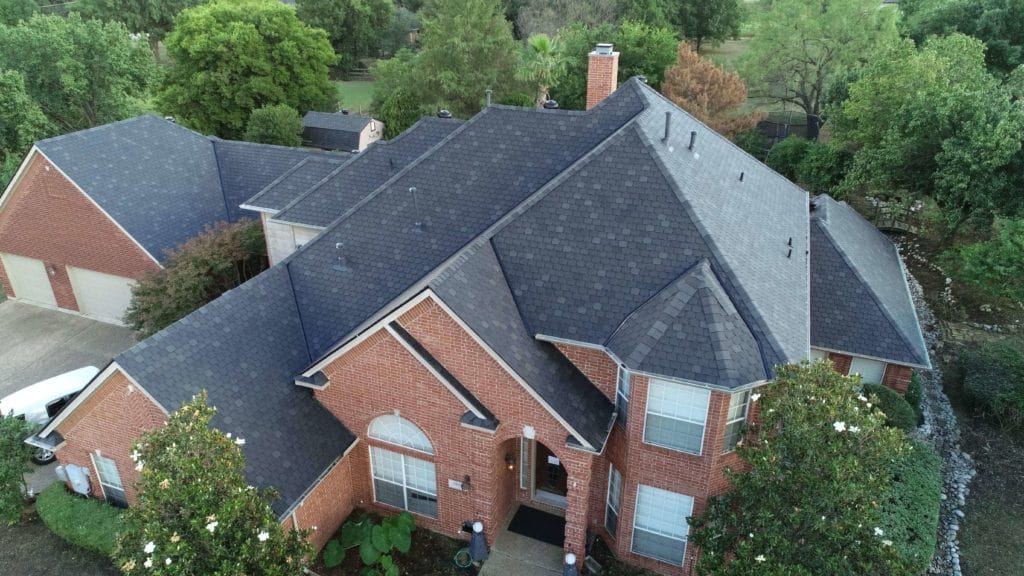
REVIA® shingles come with a Class 4 Impact Rating and a Class A Fire Rating, the two highest safety ratings possible for roofing materials. They also have a 130 mph wind rating, making them safe for coastal, mountain, and other high-wind areas. REVIA® shingles are also moisture and UV-resistant. Best of all, unlike other traditional roofing options, F Wave’s line is a great option for a low-maintenance roof.
There is no denying the current popularity of asphalt shingles. But this is no reason to blindly select an asphalt shingle for your next roof. The projected lifespan of asphalt shingles is a question you don’t want to ignore. Many factors can affect the lifespan of an asphalt roof, especially storm damage, extreme climate and weather, and poor upkeep and maintenance. If you want a roof that will look beautiful and designed to last for many years with low maintenance requirements, look no further than F Wave’s line. They have the familiar look of asphalt roofing but are a much better investment for your home.


